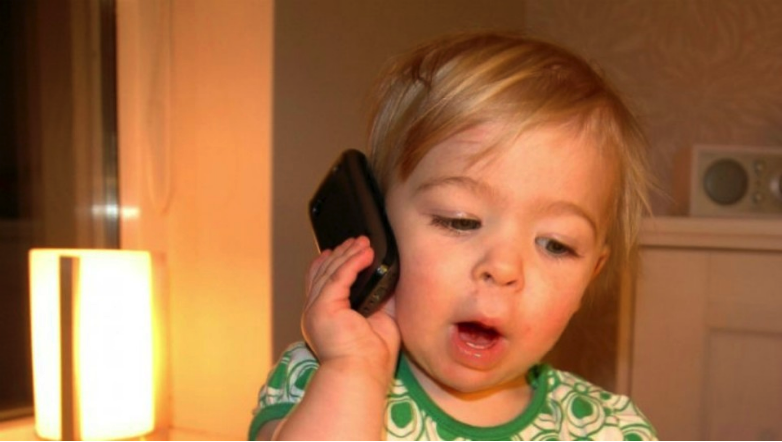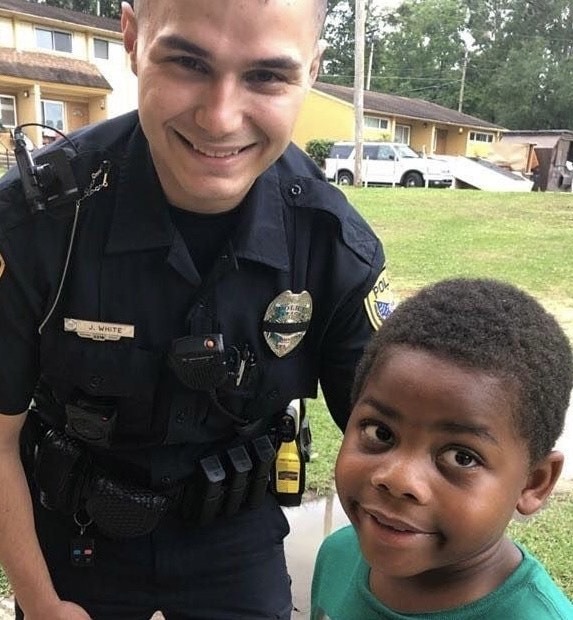One day, a story popped up that really made many of us smile and even chuckle a little. It’s about a young boy who took the advice we often give to kids—that if they ever need help, they should call 911—and decided to turn it into a bit of a comedy sketch of his own. The funny part is, the reason he called was not an emergency in the typical sense, but rather a puzzled attempt to get homework help. And of course, since he only knew that emergency number by heart, he dialed it without giving it much thought.
What follows is essentially a snippet from that phone call, and it’s absolutely charming. The operator, trained to handle all sorts of emergencies, was probably quite amused, but patient, as she tried to figure out what was really going on. She started with the usual questions, trying to get some clarity. The boy, clearly frustrated with his homework, explained that he needed assistance, but not in a typical way. When asked what was wrong, he replied honestly, “Using my arithmetic.” It was a funny mistake—he wasn’t using his lips or doing something bizarre—he was struggling with math.

The operator, trying to handle the situation calmly, asked where he lived, but the boy, determined that he needed help immediately, kept insisting that he wanted to speak with someone now, rather than just tell her his address. He seemed quite earnest, although somewhat confused about what she was asking. When she pressed a little more about what he was struggling with, he mentioned that he had “takeaways,” which was obviously his way of saying “problems” or “lessons” from school. That’s an endearing detail—imagine a four-year-old trying to explain that he’s stuck on his homework and needs someone to help him “complete the takeaways.”
Then the conversation takes a humorous turn. She asks him what kind of math problems he’s having trouble with, and he responds: “These are my takeaways,” sticking to his own kid-lingo. She tries to clarify, asking him to explain what he means, and he responds rather plainly, “I need your assistance with my math.” The operator, now a bit puzzled but still patient, asks him to explain a particular problem. And he answers with a question that totally surprises her: “What is 8 minus 16?” It’s a tricky one for someone who’s only four, but the boy confidently guesses, “I have no idea, 1.” Perhaps he thought that since the answer is a negative number, he’d just pick one, or maybe he simply guessed out of frustration.
The operator attempts to be gentle, understanding that this little one is still very young, and asks about his age, to which he proudly declares, “I’m just four years old.” That explains a lot—no wonder the math was confusing! She’s probably used to talking with older kids or adults when solving problems, but here she’s talking to a tiny child who’s trying to do his homework while also figuring out this confusing call.
The conversation continues with the boy saying, “Certainly,” when asked if he has more problems to work through. Then he brings up another issue—sort of a math joke, in a way—“Five things to take away.” The operator plays along and asks him about “five minus five,” expecting him to tell her the answer. But the boy, with simple honesty, replies, “Five,” which is hilariously wrong but very adorable. It’s clear he’s trying his best, though his understanding of the math concepts is still developing.
Things take a funny turn when someone else—a woman, presumably his mom—walks into the scene and gently asks, “Johnny, what are you doing, exactly?” You can almost imagine her standing there, amused and maybe a little exasperated, trying to figure out what her little one is up to. The boy, proud of his accomplishment, responds that he’s “getting help with my math from the policeman,” which is a sweet image—a tiny kid sitting there, holding a pretend conversation, thinking he’s really “calling for help” from someone who can fix his math problems.
And then, the woman speaking says something that’s quite relatable: “Did I mention that I was going to call you?” It’s a simple, humorous reminder that maybe she was planning to call the police herself, but only to clarify the situation or perhaps just to have a good laugh. The officer, hearing the mother’s voice, tries to wrap things up with a little more understanding, mentioning that the police aren’t the right people to help with homework. It’s a gentle reminder that sometimes, even the most well-intentioned calls can sound quite funny in retrospect—especially when they involve a child’s innocent misunderstanding of the world.
This whole story, while lighthearted, really highlights a few lovely truths. Kids are innocent and sincere, and their world often revolves around their immediate needs—they don’t always grasp the bigger picture, but their good intentions shine brightly.




